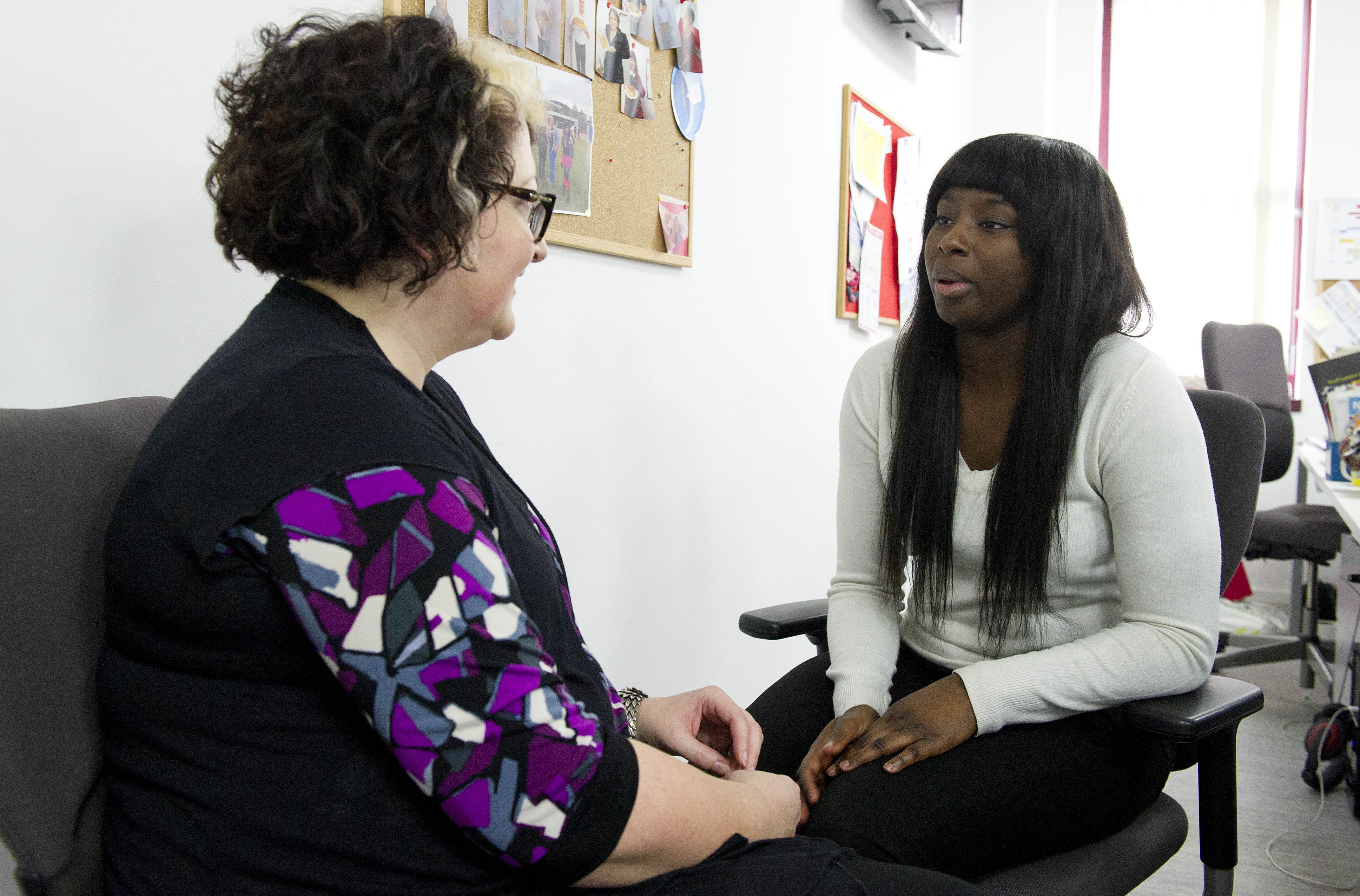
About bereavement
There will be times in most individuals’ lives where they will experience bereavement. This can be devastating and losing someone close to us can be extremely difficult and challenging.
Bereavement is characterised by grief, and this is a process in which we adjust and adapt to the loss. This may result from a variety of losses from family members, relatives, friends or pets. People may feel feelings of grief due to changes in jobs, location and personal situations such as relationship breakdowns.
Bereavement, loss and grief will affect individuals differently and may be influenced by relationships, experience, support networks and religion/faith. It is important to remember that there is no correct or right way to grieve and there are no timeframes for when this should or shouldn’t occur.
Stages of Grief
It is generally accepted that there are four stages of bereavement:
- Accepting that your loss is real
- Experiencing the pain of grief
- Adjusting to life without the person who has died
- Putting less emotional energy into grieving and putting it into something new – in other words, moving on
People may refer to the Grief cycle in which a range of emotions are experienced such as anger and denial. Stages or phases of grief do not occur in set periods or timeframes, it is normal to experience a multitude of emotions and to move back and forth throughout the stages and your emotions.
These feelings of grief will usually reduce over time as you learn to adjust to the situation, however it is important to allow yourself time to feel and process your loss. At times you may feel overwhelmed, and sharing how you are feeling with people close to you or a medical professional may help. Grieving is a normal process and it is not a sign of weakness in an individual.
Individuals may experience feelings of:
- Numbness
- Anger
- Sadness
- Tearfulness
- Denial
- Regret
- Loneliness
- Guilt
- Fatigue
- Shock
- Sadness

Talking about your loss may help you in dealing with your situation.
‘I lost my father as a teenager, I was 17 at the time and was in 6th form at school. My father died in hospital shortly after undergoing a heart transplant. I remember being called back to the hospital just after leaving to be informed that he had passed away. The specific details are still blurred even today 12 years later. I remember feeling shocked and numb but shortly after experiencing an overwhelming sense of anger and loss. Various people close to me talked about stages of grief and what and how I may be feeling and I definitely experienced all of these emotions but my main experience and memory of this was the sense of loss and isolation.
Others noticed changes in my behaviour and I found it difficult to cope with things/situations which normally were not an issue. Shortly after, I was offered support, however I declined this. In the most part this was due to not wanting to accept the situation but also due to my feelings of ‘needing to man up’. On reflection, revisiting this at a later time may have been beneficial, although I was lucky to have a good support network of friends. There were times where small reminders such as songs and places would bring back a flood of memories and feelings of distress. It was/is not only significant events such as Christmas, birthdays or my wedding which would remind me of the loss that I have experienced.
I have experienced bereavements since then and I don’t feel that this becomes any easier despite experiencing them previously. However, for me knowing that things improved in the past brings some sense of reassurance’.
If you’re struggling with your mental health, it’s important you seek some help from your GP. If it’s affecting your ability to work, speak to your manager to see if a referral to Occupational Health is appropriate. You can contact our EAP for free and confidential support 24/7, 365 days a year.